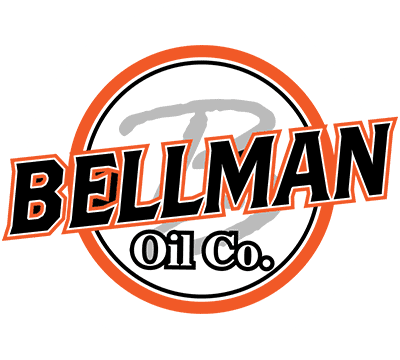Though commonly associated with consumer-grade petroleum jelly, white oil products have been used across industries for centuries. Marco Polo, the famed Venetian merchant and explorer, wrote about white oil use in pharmaceuticals and cosmetics in the 13th century, but there is evidence of earlier use. Let’s explore the variety of uses for white oil in industries like medicine, manufacturing, and food processing!
What is White Oil?
White petroleum, also listed as paraffin, is created through a rigorous refining process, distilling and removing all purities that could cause color, odor, or taste. Refining removes sulfur compounds, unsaturated hydrocarbons, and other elements that could create a taste, smell, or color. The result is a clear oil composed of saturated hydrocarbons, typically the paraffinic and naphthenic types.
White oil has several key characteristics and properties that make it the obvious choice for many uses. As an exceptionally pure oil product, this kind of petroleum is transparent, allowing it to be an additive in many products without interfering with appearance. White oil also lacks any discernible odor. This oil is chemically stable, resisting oxidation and degradation. This property contributes to a product’s longevity and performance. White oil is also chemically neutral, making it compatible with many ingredients and materials.
How is White Oil Used?
Because of its purity and chameleon-like properties, white oil is commonly used in many industries as an additive to certain products. Here are some of its most common uses:
Pharmaceutical Industry
White petroleum is used in the pharmaceutical industry as a lubricant in tablets, capsules, and creams. The machinery that forms medication tablets and capsules often uses white petroleum as a lubricant, ensuring the smooth and even formation of the medication. Because this oil is chemically stable and neutral, it does not interact with the active pharmaceutical ingredients (APIs) and excipients, maintaining the purity and efficacy of the medication.
Medications that come in the form of creams, ointments, and lotions use white petroleum jelly as a carrier for the active ingredients. White oil ensures the even distribution of the topical medication. Its moisturizing properties also trap moisture in the skin, allowing the medication to penetrate the skin barrier.
Cosmetics and Personal Care
When you think of white oil, you likely think of its application in cosmetics and personal care products. White petroleum, colloquially referred to as petroleum jelly, is commonly used in skincare products because of its ability to trap moisture in the skin. The thick and emollient properties of this oil create a protective barrier on the skin, preventing loss of hydration. It is also commonly used in hair care products, like conditioners, to leave a shiny appearance.
Food Processing
White oil is also commonly used in commercial baking. This oil can be used in baking molds, pans, and conveyor belts to prevent baked goods from sticking and burning. This reduces waste in the baking process and contributes to a more efficient production process. The pure composition of this oil complies with food safety regulations.
White petroleum is also used in the mechanisms of food processing equipment to reduce friction. The mechanisms and mixers, pumps, and packaging machinery can face wear and tear that can slow down production and cost companies thousands of dollars in repairs. White oil helps extend the lifespan of these mechanical parts without sacrificing food safety practices.
Textile Industry
As in other industries, white oil is a lubricant for sewing machines, extending the longevity of needles and other mechanical parts. This oil is pure and colorless, meaning there is no need to worry about staining fabrics or thread. The oil also has a low viscosity, ensuring minimal build-up on the delicate parts of a sewing machine.
In fabric manufacturing, it is often used as a softening agent. With no odor or color, white petroleum can be added to textiles and dyes to enhance the comfort and sheen of various fabrics.
Polymer Industry
In the rubber and plastic industry, white oil is used in the machinery and molds for these products. This oil acts as a lubricant in the machinery, improving the flow of rubber and plastic through the machine. This ensures an even fabric, reducing the likelihood of bubbles and imperfections. White oil is also used on the product molds to prevent sticking during the demolding product. Its smooth and non-reactive properties ensure a smooth release from product molds, reducing the likelihood of surface defects.
Call Bellman Oil Today!
White oil has many applications across the commercial and consumer markets. Its purity, stability, and compatibility make it the preferred choice for many industries as a lubricant and additive. If you are looking for a fuel and oil supplier, look no further than Bellman Oil. Contact us today to learn more about our oil and fuel supply.





